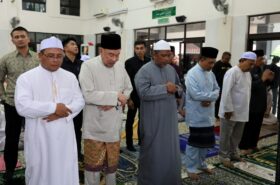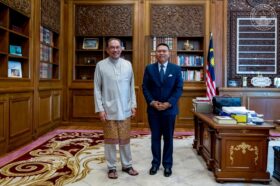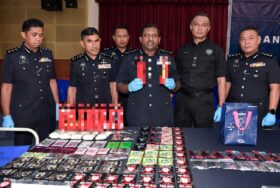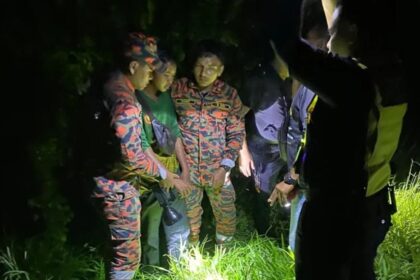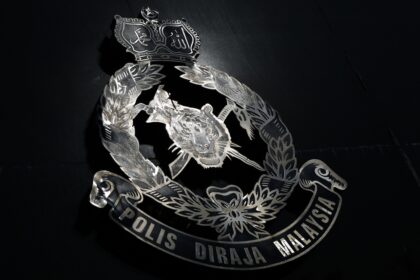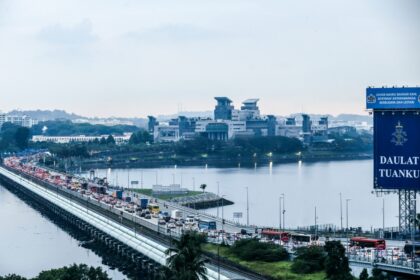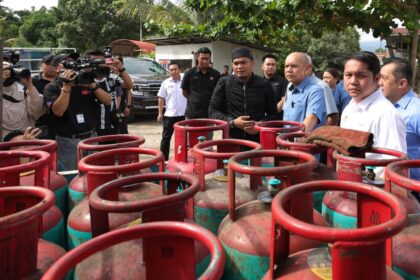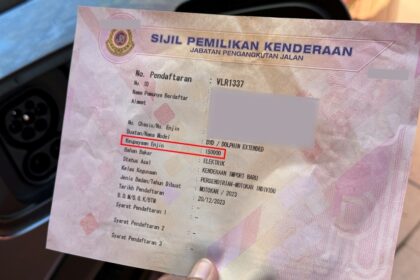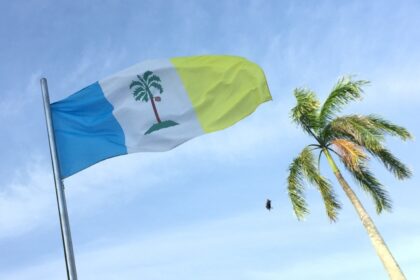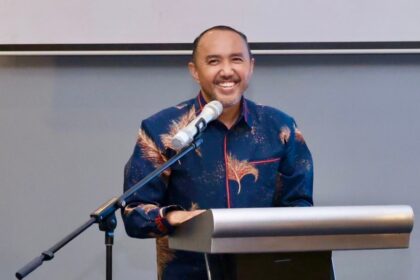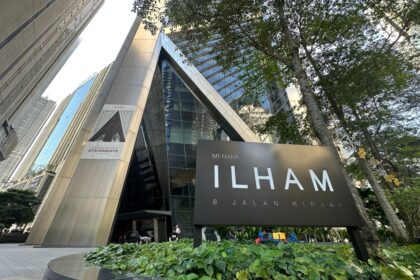KUALA LUMPUR, June 6 — In today’s digital world, where technology connects people across geographical borders, even performing religious rituals overseas like the Korban this Aidiladha is now a cinch.
Several non-governmental organisations (NGOs) in Malaysia have been proactive in facilitating Muslims in fulfilling their religious obligation in faraway conflict-stricken zones like Palestine – where basic necessities for survival like water, food and medicine are extremely hard to come by.
For those unfamiliar, Korban – also spelt Qurban – is the Islamic ritual of animal sacrifice performed during Aidiladha to commemorate Prophet Ibrahim’s willingness to obey God by sacrificing his son, symbolising devotion, charity, and faith.
One such NGO is MyQurbani, a platform under MyCare Malaysia, which boasts over 4,000 Malaysian sponsors contributing to Korban overseas this year, aims to meet or surpass last year’s record of 5,000 sponsors.
Similarly, Amal Qurban, another NGO, is set to sacrifice around 50 cows, 90 goats, and 40 camels overseas for this year’s Hari Raya Aidiladha.
How the process works
Malaysians, regardless of their financial capabilities, can choose to contribute either a portion or the whole cow or goat.
MyQurbani offers donation packages ranging from as low as RM50 to RM2,200 for a contribution towards Korban or a whole animal, depending on the receiving country.
Donors simply visit the website, select their intended country and donation package, and purchase it online.
Once the donation is made, the NGO takes over, ensuring the Korban is performed on the designated day through partner NGOs in the respective countries, who then distribute the meat to the needy.
According to MyQurbani supervisor Muhamad Afiq Zharif Abdul Aziz, last year, the meat was sourced in India and then processed and canned in the United Arab Emirates, before being delivered to Gaza via land transport.
He added that the distribution follows a strict process, with MyCare working closely with local NGOs to create a list of eligible beneficiaries based on Zakat recipient criteria.
“Beneficiaries receive coupons before Hari Raya Aidiladha, which they use to collect their portion of the Korban meat.
“The coupons are colour-coded, catering to the varying needs of families,” Muhamad Afiq told Malay Mail.
This year, MyQurbani also introduced a new package, “Sedekah Daging Gaza”, aimed at those unable to afford a full portion of a Korban cow due to its high cost.
Another local NGO, Yayasan Amal Malaysia’s Amal Qurban that has been offering overseas Korban services since 2004, told Malay Mail that the trend of offering Korban abroad has fluctuated over the years, with the peak during the Covid-19 pandemic.
Amal Qurban operations head Umar Abdul Aziz Zaman said they have noticed a decrease in animal sacrifices this year compared to the pandemic years, but they still plan to distribute Korban across 15 countries, including Tanzania, Chad, and Nigeria.
Amal Qurban allows sponsors to decide on the country for their Korban, and usually sends teams to perform the rites personally.
This year, they aim to uphold trust and responsibility by conducting the religious rituals themselves, while leaving distribution to local NGOs familiar with the demographics.
“One team could consist of up to 18 volunteers who would pay for the trip themselves.
“The main reason why we opted to bring our team to do the Korban is because the donors and participants have trusted us with the responsibility of the Korban, and we must do it on our own,” said Umar.
Source: 
Just tap to sacrifice: How online platforms are transforming Korban rites for Muslim Malaysians











